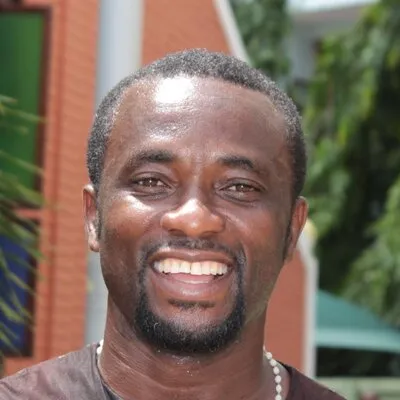“Beware of the naked man who offers you clothes.” – African proverb
Africa’s quest to find the right leaders has indeed been one of its most significant challenges. Across the continent’s diverse nations, the struggle to identify leaders who can effectively guide their countries toward progress, stability and prosperity has persisted for decades. What makes the situation depressing is that among the continents of the world, Africa is the one that confidently boasts a wealth of untapped potential. It is home to vibrant cultures, diverse economies and a youthful population that can be harnessed as a demographic dividend.
Many solutions have been proffered for Africa’s challenges, yet they have not worked as anticipated. The blame normally offered for this complexity is the absence of virtuous leaders who can steer nations toward prosperity and harmony. Leadership on the continent feels like an elusive endeavour. That is why, often, the people find themselves bewildered and seemingly powerless – because they cannot understand why they cannot find leaders from among themselves who are committed to their common good, an inclusive development and realisation of the continent’s immense potential.
It is true that the leadership race on the continent is often characterised by swirling promises and competing claims which seem like choices for the people, but end up confusing them. That does not mean the people are naïve. It is far from that. They harbour genuine concerns about the profusion of different paths to development and prosperity. Every new manifesto seems like a competing point of view, adding to the cacophony of conflicting voices. That is why their scepticism, rather than being a weakness, demonstrates an uncommon degree of discernment; a quality sorely needed in today’s political arena.
The appeal for steadfast leadership is not unique to politics; it applies to our cultural and spiritual circles as well. And it raises a fundamental question: do we genuinely desire freedom, with its inherent responsibilities, or do we yearn for the comfort of a charismatic leader who provides answers and absolves us from the burden of critical-thinking? That is why in the face of many challenges and the erosion of trust in leadership, a greater percentage of the population willingly surrender their capacity for critical-thinking.
They simply desire to embrace those leaders who promise a clear and uncomplicated path forward. This sounds like an inclination to relinquish their right to question and explore, but this is not a new phenomenon. It has recurred throughout history and across various domains. What makes Africa’s situation sadder is the fact that leaders do not do what they say. They say talk is cheap, and their talk is cheaper. That is why all of us have to work at cultivating a discerning electorate. We must discourage people from simply relinquishing critical-thinking, promote media literacy and champion transparency in government. We should celebrate those who ask questions, demand accountability and resist blind allegiance.
We need to understand that true freedom lies in the ability to question and investigate. It is not about relinquishing our autonomy to a charismatic leader who claims to have all the answers. Instead, it is about participating actively in the political process, engaging in dialogue and making informed choices. We must learn to scrutinise the past actions of those who put themselves up for leadership, and examine their philosophies and positions while evaluating their ethical conduct as well as those they surround themselves with. It means seeking transparency and accountability. This should not be the sole responsibility of the media or investigative bodies; it should be the duty of every African. We need to engage our leaders, and this necessitates asking tough questions and demanding clear and honest answers.
This is a call for discernment. We should not let the illusion of choice confuse us. Rather, we should make it our determination that the pursuit of good leaders should not lead to blind devotion but be grounded in a discerning assessment of their character, values and track record. It encourages us to look beyond the charismatic facade, bold rhetoric and grand promises to scrutinise the substance beneath. We are encouraged to transcend political polarisation and tribalism and rise above the divisive rhetoric that pits ‘us’ against ‘them’. Our focus should be on shared values, common goals and the greater good that dignifies every African.
All in all, let us always remind ourselves that great leadership is not necessarily found in extreme ideologies, but rather in a balanced and compassionate approach to governance…
________________________________________________________________
Kodwo Brumpon is a partner at Brumpon & Kobla Ltd., a forward-thinking Pan African management consultancy and social impact firm driven by data analytics – with a focus on understanding the extraordinary potential and needs of organisations and businesses to help them cultivate synergies which catapult them into their strategic growth and certify their sustainability.
Comments, suggestions and requests for talks and training should be sent to him at kodwo@brumponand kobla.com










